The causes of World War 1 were complex and multifaceted, involving political, economic, and social factors. One of the main causes of the war was the system of alliances that existed between European nations, which often required countries to take sides in conflicts and ultimately led to the escalation of tensions.
Imperialism, the rise of nationalism, and the arms race were other important factors that contributed to the outbreak of war. European nations were competing for territories and resources around the world, which created tension and rivalry among nations.
Additionally, the aggressive foreign policies of some nations, particularly Germany, is what caused world war 1 to some extent too.
Table of Contents
Cause 1: The System of Alliances
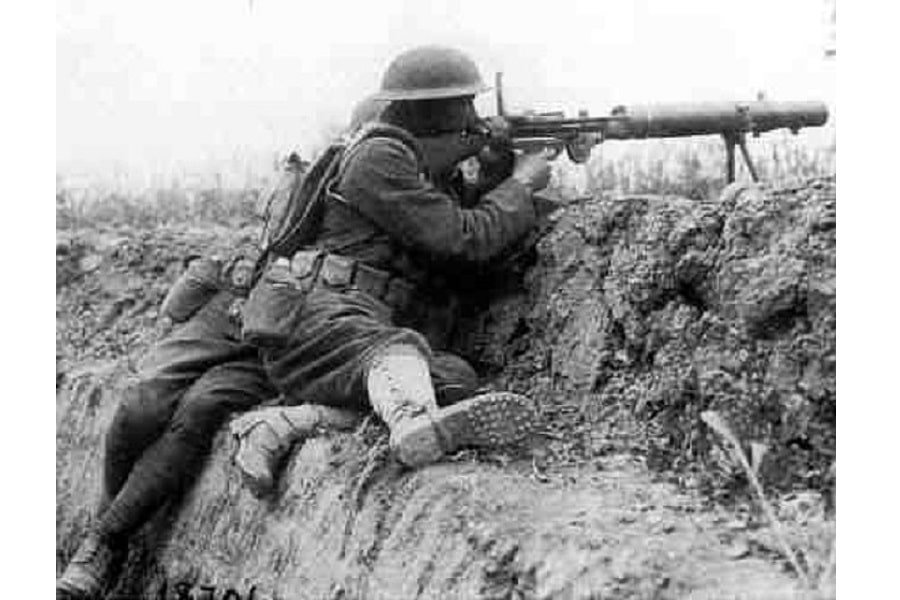
The system of alliances that existed between the major European powers was one of the primary causes of World War I. In the late 19th and early 20th centuries, Europe was divided into two major alliances: the Triple Entente (France, Russia, and the United Kingdom) and the Central Powers (Germany, Austria-Hungary, and Italy). These alliances were designed to provide mutual protection in the event of an attack by another country [1]. However, the alliances also created a situation where any conflict between two countries could quickly escalate and involve all major European powers.
The system of alliances meant that if one country went to war, the others would be obligated to join the fight. This created a sense of mutual mistrust and tension between countries. For example, Germany saw the Triple Entente as a threat to its power and sought to isolate France from the rest of Europe [4]. This led to Germany pursuing a policy of encirclement, which involved building alliances with other European countries to limit France’s power and influence.
The system of alliances also created a sense of fatalism among the European powers. Many leaders believed that war was inevitable and that it was just a matter of time before conflict broke out. This fatalistic attitude contributed to a sense of resignation about the prospect of war and made it more difficult to find a peaceful solution to conflicts [6].
Cause 2: Militarism
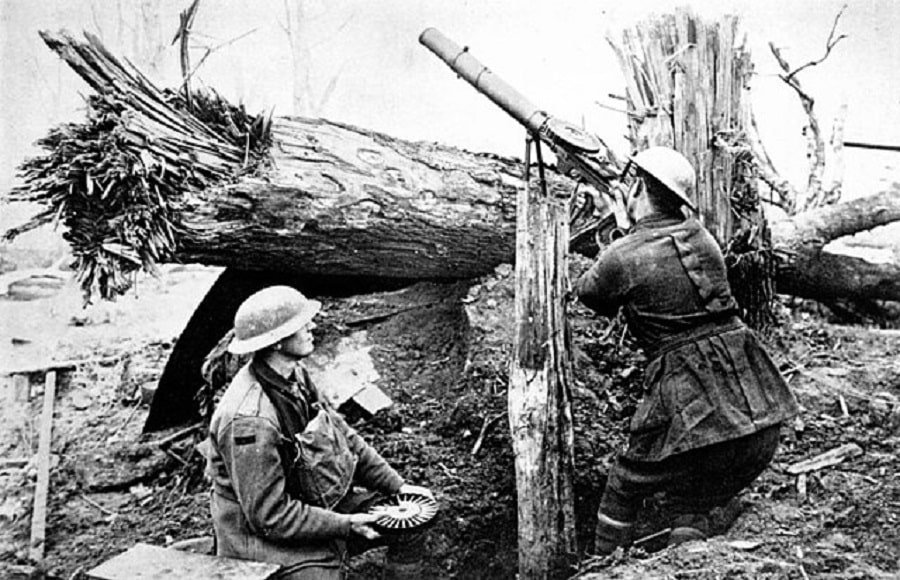
Militarism, or the glorification of military power and the belief that a country’s strength is measured by its military might, was another major factor that contributed to the outbreak of World War I [3]. In the years leading up to the war, countries were investing heavily in military technology and building up their armies.
For example, Germany had been engaged in a massive military buildup since the late 19th century. The country had a large standing army and had been developing new military technologies, such as the machine gun and poison gas [3]. Germany also had a naval arms race with the United Kingdom, which resulted in the construction of new battleships and the expansion of the German navy [3].
Militarism contributed to a sense of tension and rivalry between countries. Leaders believed that having a powerful military was essential to their country’s survival and that they needed to be prepared for any eventuality. This created a culture of fear and mistrust between countries, which made it more difficult to find diplomatic solutions to conflicts [1].
Cause 3: Nationalism
Nationalism, or the belief that one’s own nation is superior to others, was another major factor that contributed to the outbreak of World War I [1]. Many European countries had been engaged in a process of nation-building in the years leading up to the war. This often involved the suppression of minority groups and the promotion of nationalistic ideas.
Nationalism contributed to a sense of rivalry and animosity between nations. Each country sought to assert its dominance and protect its national interests. This led to national paranoia and exacerbated problems that could have otherwise been resolved diplomatically.
Cause 4: Religion
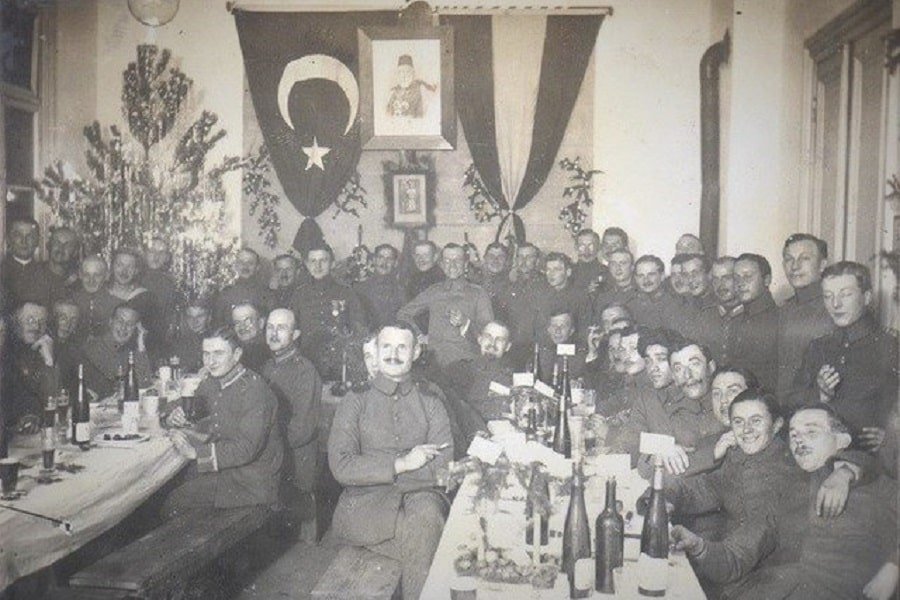
Many European countries had deep-rooted religious differences, with the Catholic-Protestant divide being one of the most notable [4].
In Ireland, for example, there were longstanding tensions between Catholics and Protestants. The Irish Home Rule movement, which sought greater autonomy for Ireland from British rule, was deeply divided along religious lines. Protestant Unionists were vehemently opposed to the idea of Home Rule, fearing that they would be subject to discrimination by a Catholic-dominated government. This led to the formation of armed militias, such as the Ulster Volunteer Force, and the escalation of violence in the years leading up to World War I [6].
Similarly, religious tensions played a role in the complex web of alliances that emerged in the lead-up to the war. The Ottoman Empire, which was ruled by Muslims, had long been seen as a threat to Christian Europe. As a result, many Christian countries formed alliances with each other in order to counter the perceived threat from the Ottomans. This, in turn, created a situation where a conflict involving one country could quickly draw in a number of other countries with religious ties to the conflict [7].
Religion also played a role in the propaganda and rhetoric used by various countries during the war [2]. For example, the German government used religious imagery to appeal to its citizens and portray the war as a holy mission to defend Christian civilization against the “godless” Russians. Meanwhile, the British government portrayed the war as a fight to defend the rights of small nations, such as Belgium, against the aggression of larger powers.
How Did Imperialism Play a Role in Sparking World War I?
Imperialism played a significant role in sparking World War I by creating tensions and rivalries among the major European powers [6]. The competition for resources, territorial expansion, and influence around the world had created a complex system of alliances and rivalries that ultimately led to the outbreak of war.
Economic Competition
One of the most significant ways in which imperialism contributed to World War I was through economic competition [4]. The major powers of Europe were in fierce competition for resources and markets around the world, and this led to the formation of economic blocs that pitted one country against another. The need for resources and markets to sustain their economies led to an arms race and an increasing militarization of the European powers [7].
Colonization
The colonization of Africa and Asia by European powers during the late 19th and early 20th centuries played a crucial role in the outbreak of World War I. The major European powers, such as Britain, France, Germany, and Italy, had established large empires around the world. This created a system of dependencies and rivalries that had a significant impact on international relations, leading to increased tensions [3].
The colonization of these regions led to the exploitation of resources and the establishment of trading networks, which further fueled the competition among the major powers. European countries sought to secure control over valuable resources. This competition for resources and markets also contributed to the development of a complex network between countries, as each sought to protect its interests and secure access to these resources.
Moreover, the colonization of Africa and Asia had led to the displacement of peoples and the exploitation of their labor, which in turn fueled nationalist movements and anti-colonial struggles. These struggles often became entangled with broader international tensions and rivalries, as colonial powers sought to maintain their control over their territories and suppress nationalist movements.
Overall, a complex web of dependencies was created, including rivalries, and tensions that contributed significantly to the outbreak of World War I. The competition for resources and markets, as well as the struggle for control over colonies and territories, led to diplomatic maneuvering that ultimately failed to prevent the escalation of tensions into a full-blown global conflict.
The Balkan Crisis
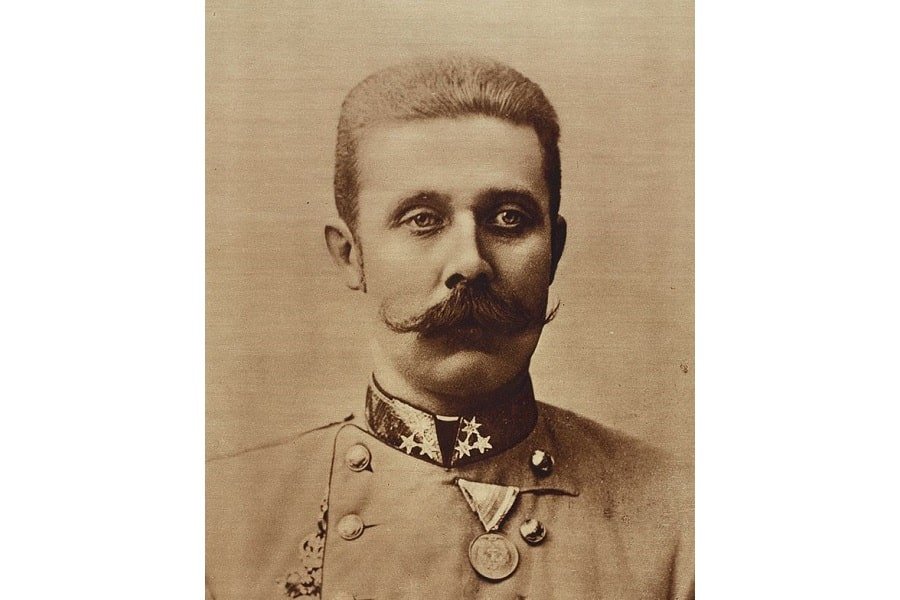
The Balkan Crisis of the early 20th century was an important factor in the outbreak of World War I. The Balkans had become a hotbed of nationalism and rivalry, and the major powers of Europe had become involved in the region in an effort to protect their interests.
The specific incident that is considered to have started World War I was the assassination of Archduke Franz Ferdinand of Austria-Hungary in Sarajevo, Bosnia on June 28, 1914. The assassination was carried out by a Bosnian Serb nationalist named Gavrilo Princip, who was a member of a group called the Black Hand. Austria-Hungary blamed Serbia for the assassination and, after issuing an ultimatum that Serbia could not fully comply with, declared war on Serbia on July 28, 1914.
This event triggered a complex web of alliances and rivalries among European powers, ultimately leading to a full-scale war that would last for over four years and result in the deaths of millions of people.
The Political Circumstances in Europe that Led to World War I
Industrialization and Economic Growth
One of the key factors that contributed to the outbreak of World War I was the European nations’ desire to acquire new markets and resources to fuel their industrialization and economic growth. As the European nations continued to industrialize, there was a growing demand for raw materials, such as rubber, oil, and metals, that were necessary for manufacturing. Additionally, there was a need for new markets to sell the finished goods produced by these industries.
The Goods Trade
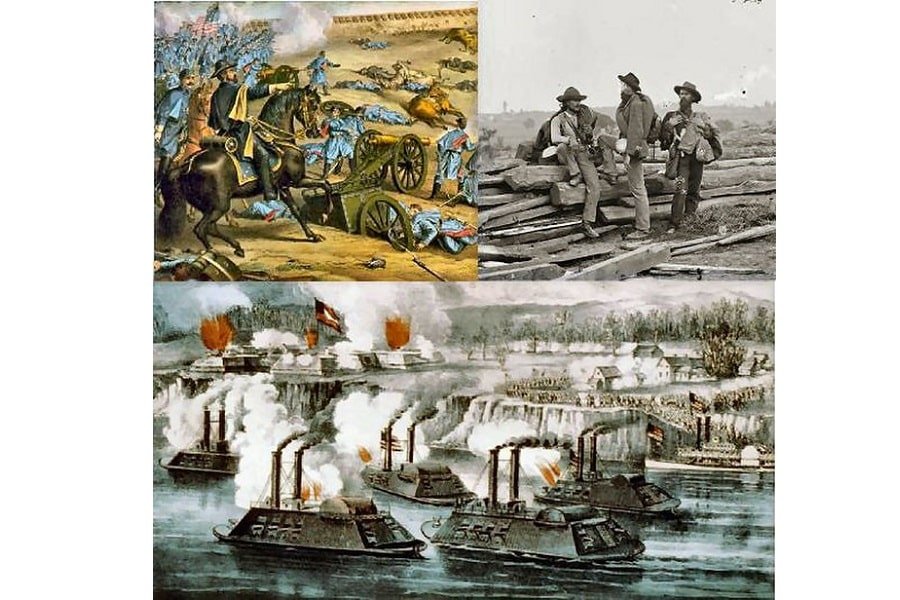
European nations also had specific goods in mind that they were trying to obtain. For example, Britain, as the first industrialized nation, was a major global power with a vast empire. Its textile industry, which was the backbone of its economy, was heavily dependent on cotton imports. With the American Civil War disrupting its traditional source of cotton, Britain was eager to find new sources of cotton, and this drove its imperialistic policies in Africa and India.
READ MORE: Who Invented the Cotton Gin? Eli Whitney and Cotton Gin Impact on America
On the other hand, Germany, a relatively new industrialized nation, was seeking to establish itself as a global power. In addition to acquiring new markets for its goods, Germany was interested in obtaining colonies in Africa and the Pacific that would provide it with the resources it needed to fuel its growing industries. Germany’s focus was on obtaining resources such as rubber, timber, and oil to support its expanding manufacturing sector.
Scope of Industrial Expansion
During the 19th century, Europe experienced a period of rapid industrialization and economic growth. Industrialization led to increased demand for raw materials, such as cotton, coal, iron, and oil, which were necessary to power the factories and mills. European nations realized that they needed to secure access to these resources to maintain their economic growth, and this led to the scramble for colonies in Africa and Asia. The acquisition of colonies allowed European nations to establish control over the production of raw materials and to secure new markets for their manufactured goods.
Additionally, these nations had a broader scope of industrialization in mind, which required them to secure access to new markets and resources beyond their borders.
Cheap Labor
Another aspect that was on their mind was the availability of cheap labor. The European powers sought to expand their empires and territories to provide a source of cheap labor for their expanding industries. This labor would come from the colonies and conquered territories, which would enable European nations to maintain their competitive edge over other industrialized countries.
Technological Advancements
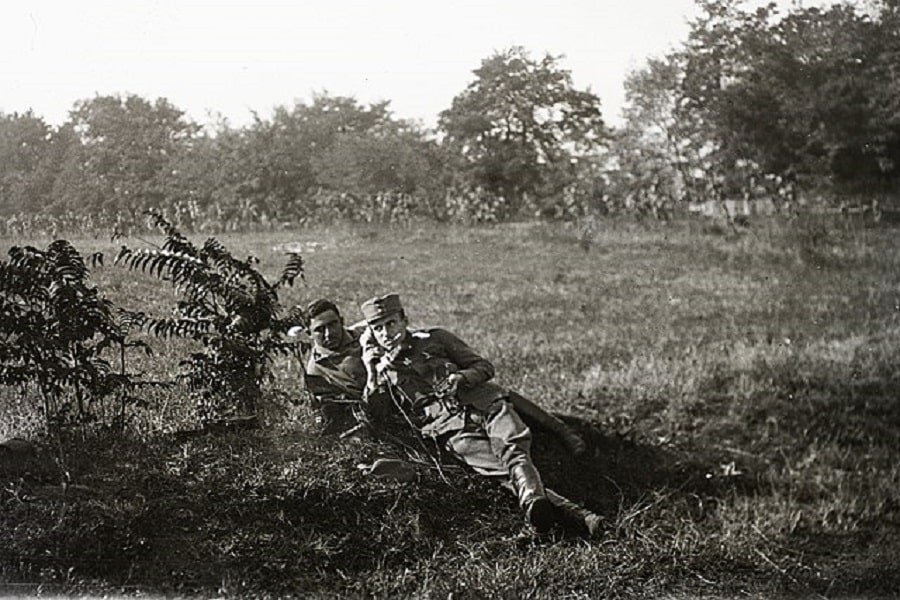
One major cause of World War I was the rapid advancements in technology. The invention of new weapons, such as machine guns, poison gas, and tanks, meant that battles were fought differently than in previous wars. The development of new technology made warfare more deadly and prolonged, as soldiers were better equipped and defenses were more effective. This led to an arms race between the major powers, with countries striving to develop the most advanced weapons and defenses.
Another technological advancement that contributed to the outbreak of World War I was the widespread use of telegraphs and radios [1]. These devices made it easier for leaders to communicate with their armies and made it possible for information to be transmitted more quickly. However, they also made it easier for countries to mobilize their troops and respond quickly to any perceived threat, increasing the likelihood of war.
Cultural and Ethnocentric Motivations
Cultural motivations also played a role in the outbreak of World War I. Nationalism, or a strong devotion to one’s country, was a significant force in Europe at the time [7]. Many people believed that their country was superior to others and that it was their duty to defend their country’s honor. This led to an increase in tensions between nations and made it more difficult for them to resolve conflicts peacefully.
Moreover, the Balkan region was home to several different ethnic and religious groups [5], and tensions between these groups often led to violence. In addition, many people in Europe saw the war as a holy crusade against their enemies. For example, German soldiers believed that they were fighting to defend their country against the “heathen” British, while the British believed that they were fighting to defend their Christian values against the “barbaric” Germans.
Diplomatic Failures
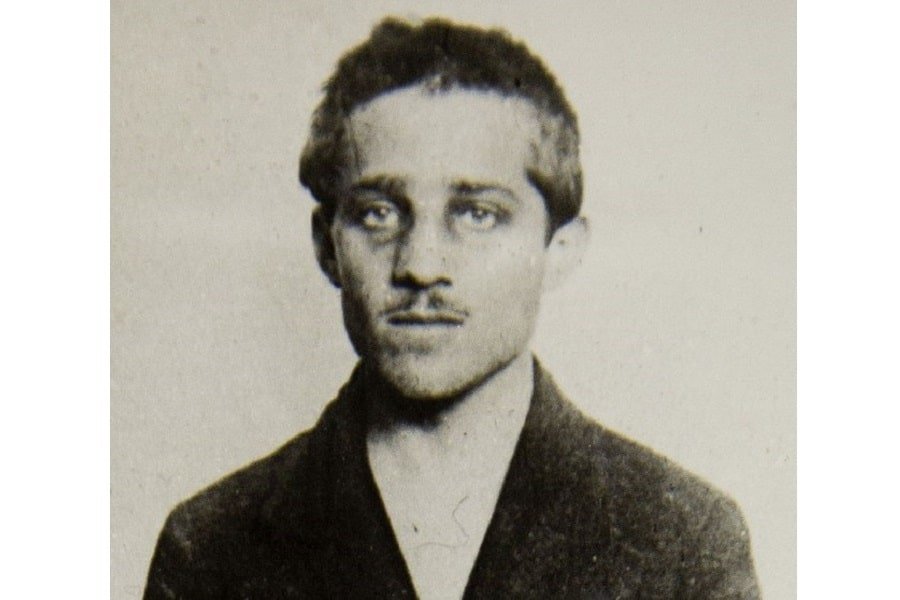
The failure of diplomacy was a major factor in the outbreak of World War I. European powers were unable to resolve their differences through negotiation, which ultimately led to war [6]. The complex web of alliances and agreements made it difficult for nations to find a peaceful solution to their conflicts.
The July Crisis of 1914, which began with the assassination of Archduke Franz Ferdinand of Austria-Hungary, is a prime example of the failure of diplomacy. Despite efforts to resolve the crisis through negotiations, the major powers of Europe ultimately failed to find a peaceful solution [5]. The crisis quickly escalated as each country mobilized its military forces, and the alliances between the major powers brought other countries into the conflict. This ultimately led to the outbreak of World War I, which would become one of the deadliest conflicts in human history. The involvement of various other countries, including Russia, France, the United Kingdom, and Italy, in the war further highlights the complex and interconnected nature of the geopolitical relationships at the time.
The Countries that Started World War I
The outbreak of World War I was not just the result of actions taken by the major powers of Europe, but also by the involvement of other countries. Some countries played a more significant role than others, but each contributed to the chain of events that ultimately led to war. The involvement of Russia, France, and the United Kingdom, is also what caused World War 1.
Russia’s Support for Serbia
Russia had a historical alliance with Serbia and saw it as its duty to defend the country. Russia had a significant Slavic population and believed that by supporting Serbia, it would gain influence over the Balkan region. When Austria-Hungary declared war on Serbia, Russia began mobilizing its troops to support its ally [5]. This decision ultimately led to the involvement of the other European powers, as the mobilization threatened Germany’s interests in the region.
The Impact of Nationalism in France and the United Kingdom
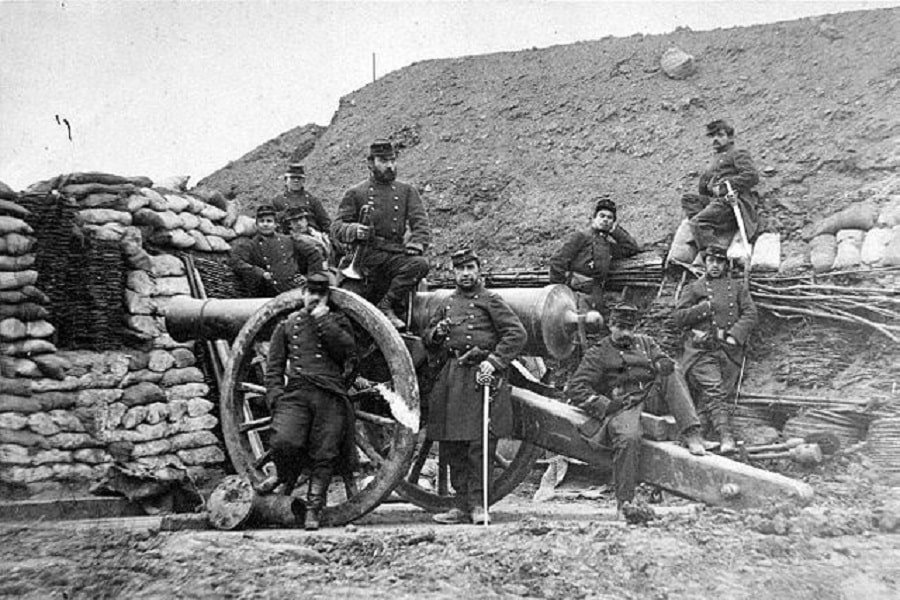
Nationalism was a significant factor leading up to World War I, and it played a crucial role in the involvement of France and the United Kingdom in the war. In France, nationalism was fueled by a desire for revenge against Germany after its defeat in the Franco-Prussian War of 1870-71 [3]. French politicians and military leaders saw war as an opportunity to regain the territories of Alsace-Lorraine, which had been lost to Germany in the previous war. In the United Kingdom, nationalism was fueled by a sense of pride in the country’s colonial empire and naval power. Many Britons believed that it was their duty to defend their empire and maintain their status as a great power. This sense of national pride made it difficult for political leaders to avoid involvement in the conflict [2].
The Role of Italy in the War and Their Changing Alliances
At the outbreak of World War I, Italy was a member of the Triple Alliance, which included Germany and Austria-Hungary [3]. However, Italy refused to join the war on the side of its allies, claiming that the alliance only required it to defend its allies if they were attacked, not if they were the aggressors.
Italy eventually entered the war on the side of the Allies in May 1915, lured by the promise of territorial gains in Austria-Hungary. Italy’s involvement in the war had a significant impact on the conflict, as it allowed the Allies to launch an offensive against Austria-Hungary from the south [5].
Why Was Germany Blamed for WWI?
One of the most significant outcomes of World War I was the harsh punishment that was imposed on Germany. Germany was blamed for starting the war and was forced to accept full responsibility for the conflict under the terms of the Treaty of Versailles. The question of why Germany was blamed for World War I is a complex one, and several factors contributed to this outcome.
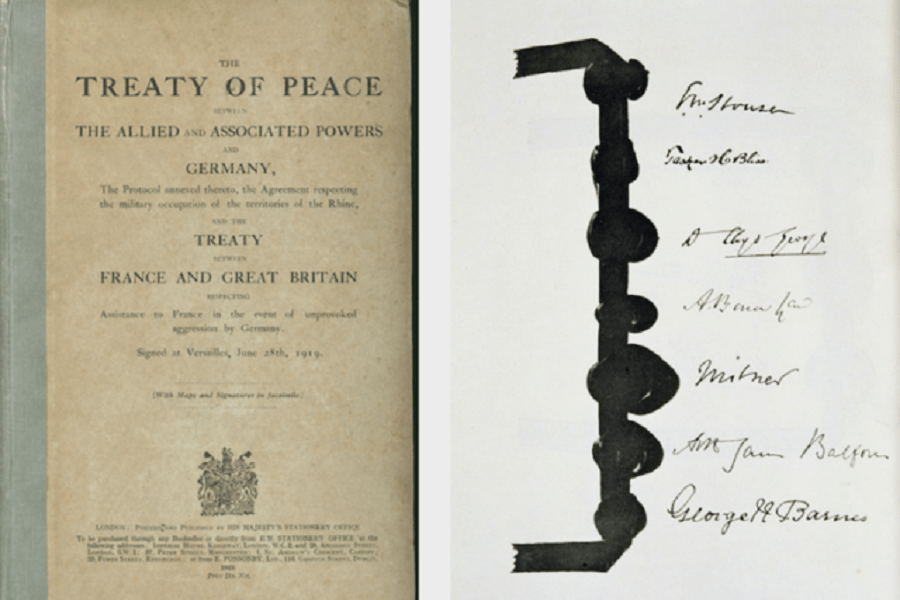
The Schlieffen Plan
The Schlieffen Plan was developed by the German Army in 1905-06 as a strategy for avoiding a two-front war with France and Russia. The plan involved quickly defeating France by invading Belgium, while leaving enough troops to hold off the Russians in the East. However, the plan involved violating Belgian neutrality, which brought the UK into the war. This violated the Hague Convention, which required respecting the neutrality of non-combatant countries.
The Schlieffen Plan was seen as evidence of German aggression and imperialism and helped to paint Germany as the aggressor in the conflict. The fact that the plan was put into action after the assassination of Archduke Franz Ferdinand showed that Germany was willing to go to war even if it meant violating international law.
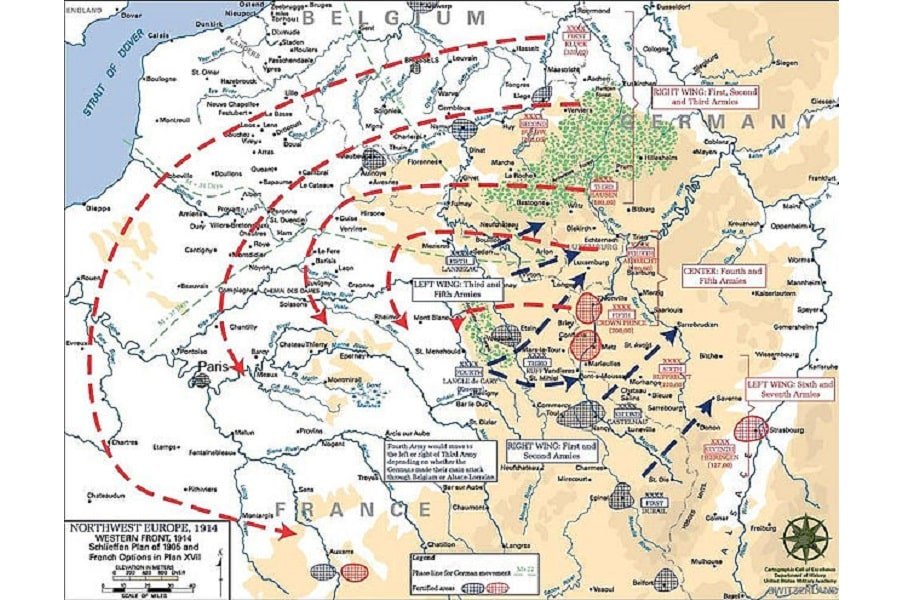
Blank Check
The Blank Check was a message of unconditional support that Germany sent to Austria-Hungary after the assassination of Archduke Franz Ferdinand. Germany offered Austria-Hungary military support in the event of war with Serbia, which emboldened Austria-Hungary to pursue a more aggressive policy. The Blank Check was seen as evidence of Germany’s complicity in the conflict and helped to paint Germany as the aggressor.
Germany’s support for Austria-Hungary was a significant factor in the escalation of the conflict. By offering unconditional support, Germany encouraged Austria-Hungary to take a more aggressive stance towards Serbia, which ultimately led to war. The Blank Check was a clear sign that Germany was willing to go to war in support of its allies, regardless of the consequences.
War Guilt Clause
The War Guilt Clause in the Treaty of Versailles placed full responsibility for the war on Germany. The clause was seen as evidence of Germany’s aggression and was used to justify the harsh terms of the treaty. The War Guilt Clause was deeply resented by the German people and contributed to the bitterness and resentment that characterized the post-war period in Germany.
The War Guilt Clause was a controversial element of the Treaty of Versailles. It placed the blame for the war solely on Germany and ignored the role that other countries had played in the conflict. The clause was used to justify the harsh reparations that Germany was forced to pay and contributed to the feeling of humiliation that Germans experienced after the war.
Propaganda
Propaganda played a significant role in shaping public opinion about Germany’s role in the war. Allied propaganda portrayed Germany as a barbaric nation that was responsible for starting the war. This propaganda helped to shape public opinion and contributed to the perception of Germany as the aggressor.
Allied propaganda portrayed Germany as a belligerent power that was bent on world domination. The use of propaganda propelled to demonize Germany and create a perception of the country as a threat to world peace. This perception of Germany as an aggressor helped to justify the harsh terms of the Treaty of Versailles and contributed to the harsh and hateful public sentiments that characterized the post-war period in Germany.
Economic and Political Power
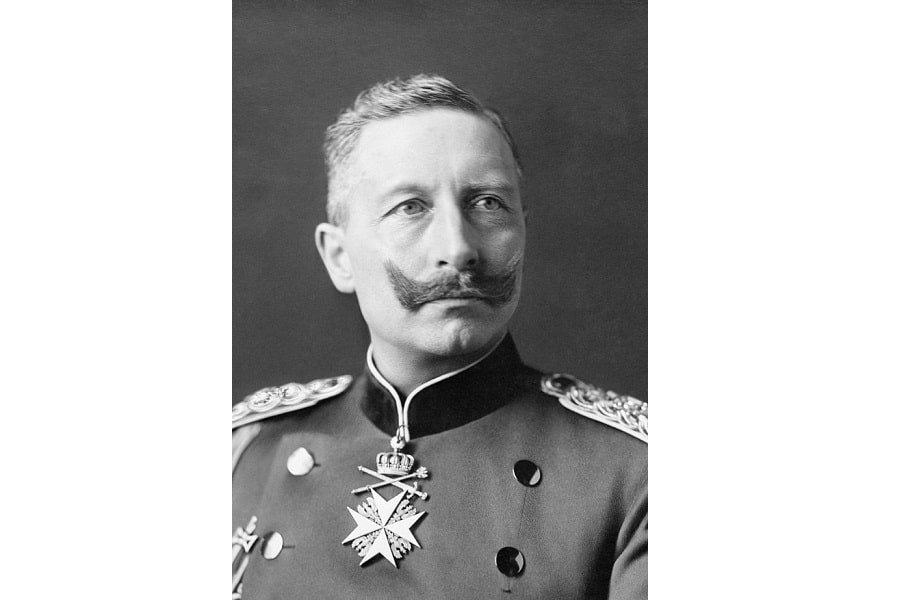
Germany’s economic and political power in Europe also played a role in shaping perceptions of the country’s role in the war. Germany was the most powerful country in Europe at the time, and its aggressive policies, such as Weltpolitik, were seen as evidence of its imperialist ambitions.
Weltpolitik was a German policy under Kaiser Wilhelm II which aimed to establish Germany as a major imperial power. It involved the acquisition of colonies and the creation of a global network of trade and influence. This understanding of Germany as an aggressive power sowed a seed to paint the country as the offender in the conflict.
Germany’s economic and political power in Europe made it a natural target for blame after the war. This notion of Germany as the antagonist was responsible for starting the war helped to shape the strict terms of the Treaty of Versailles and contributed to the bitterness and resentment that characterized Germany once the war was over.
The Interpretations of World War I
As time has passed since the end of World War I, there have been different interpretations of the causes and consequences of the war. Some historians view it as a tragedy that could have been avoided through diplomacy and compromise, while others see it as an inevitable outcome of the political, economic, and social tensions of the time.
In recent years, there has been a growing focus on the global impact of World War I and its legacy in shaping the 21st century. Many scholars argue that the war marked the end of the European-dominated world order and the beginning of a new era of global power politics. The war also contributed to the rise of authoritarian regimes and the emergence of new ideologies, such as communism and fascism.
Another area of interest in the study of World War I is the role of technology in warfare and its impact on society. The war saw the introduction of new weapons and tactics, such as tanks, poison gas, and aerial bombardment, which resulted in unprecedented levels of destruction and casualties. This legacy of technological innovation has continued to shape military strategy and conflict in the modern era.
The interpretation of World War I continues to evolve as new research and perspectives emerge. However, it remains a pivotal event in world history that continues to shape our understanding of the past and present.
References
- “The Origins of the First World War” by James Joll
- “The War That Ended Peace: The Road to 1914” by Margaret MacMillan
- “The Guns of August” by Barbara W. Tuchman
- “A World Undone: The Story of the Great War, 1914 to 1918” by G.J. Meyer
- “Europe’s Last Summer: Who Started the Great War in 1914?” by David Fromkin
- “1914-1918: The History of the First World War” by David Stevenson
- “The Causes of the First World War: The Fritz Fischer Thesis” by John Moses